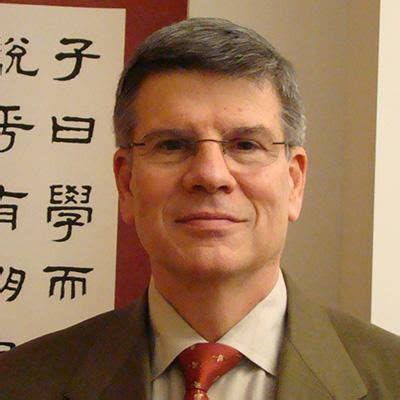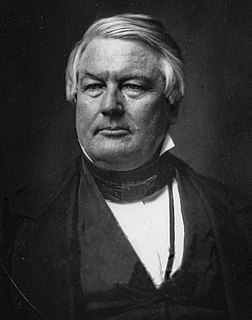A Quote by Robert Nozick
The fundamental question of political philosophy, one that precedes questions about how the state should be organized, is whether there should be any state at all. Why not have anarchy?
Related Quotes
The question should not be whether or not police are allowed to confront suspects; it should be about how we train them. The question should not be whether we have police; it should be how we use them. The question should not be whether judges should have the ability to protect New Yorkers from violent offenders; it should be how we let them.
That education should be regulated by law and should be an affair of state is not to be denied, but what should be the character of this public education, and how young persons should be educated, are questions which remain to be considered. As things are, there is disagreement about the subjects. For mankind are by no means agreed about the things to be taught, whether we look to virtue or the best life. Neither is it clear whether education is more concerned with intellectual or with moral virtue.
How you answer the question, whether individuals should be persuaded to live their whole lives in a state of chemical dependency, first upon contraceptive steroids and then on replacement therapy, depends upon your regard for the autonomy of the individual. If men would not live their lives this way, why should women?
The libertarian sees the State as a giant gang of organized criminals, who live off the theft called "taxation" and use the proceeds to kill, enslave, and generally push people around. Therefore, any property in the hands of the State is in the hands of thieves, and should be liberated as quickly as possible. Any person or group who liberates such property, who confiscates or appropriates it from the State, is performing a virtuous act and a signal service to the cause of liberty.
Those who refuse to support and defend the state have no claim to protection by that state. Killing an anarchist or a pacifist should not be considered "murder" in a legalistic sense. The offense against the state, if any, should be "Using deadly weapons within city limits," or "Creating a traffic hazard," or other misdemeanor.
Anarchism as the name for an ideal total social form is a really complicated question. I have never found satisfying answers from anarchists about the definition of the state they are opposed to. Most are opposed to coercive forms of state power. Questions about large scale systems of organization and how they will be funded - those are questions it's hard to get anarchists to give good answers to.
The breakdown of Plato's philosophy is made apparent in the fact that he could not trust to gradual improvements in education to bring about a better society which should then improve education, and so on indefinitely. Correct education could not come into existence until an ideal state existed, and after that education would be devoted simply to its conservation. For the existence of this state he was obliged to trust to some happy accident by which philosophic wisdom should happen to coincide with possession of ruling power in the state.
There are questions as to whether it should even exist. Who should corporations be responsive to, the management of a corporation? Theoretically they are responsive to the shareholders, but I why not to the so - called stakeholders, the work force and the community? Nothing in economic theory opposes that. Those are social and political decisions.







































